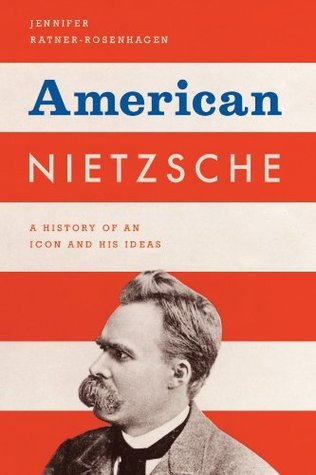Though Emerson raised more questions for Nietzsche than he offered answers, he nevertheless impressed on him that the act of questioning is both the activity of the philosopher and an example of free will at work. Emerson argued that the active intellect could achieve a “double consciousness,” which negotiates the competing desires for freedom and for limitations on that freedom. According to him, fate is nothing more than “a name for facts not yet passed under the fire of thought;—for causes which are unpenetrated. But every jet of chaos which threatens to exterminate us, is convertible by
...more
Welcome back. Just a moment while we sign you in to your Goodreads account.


